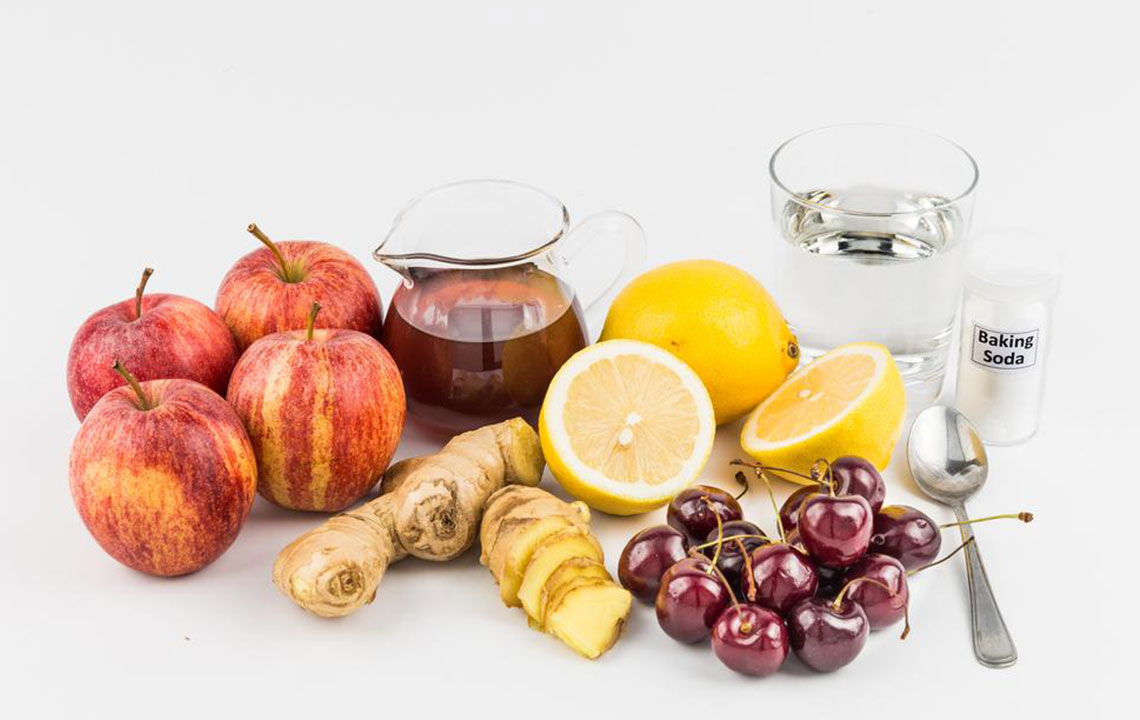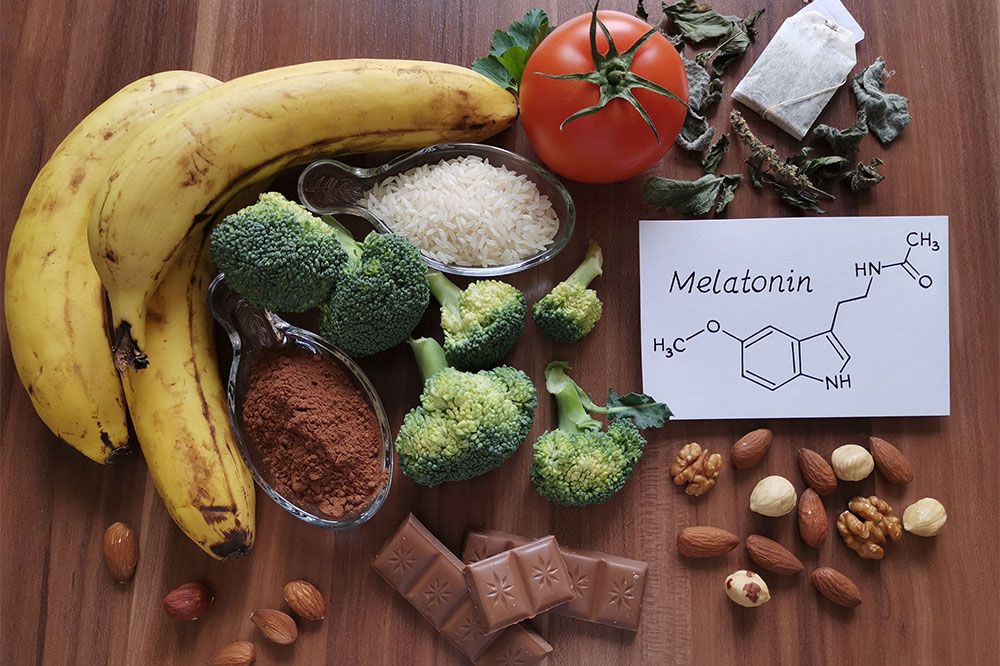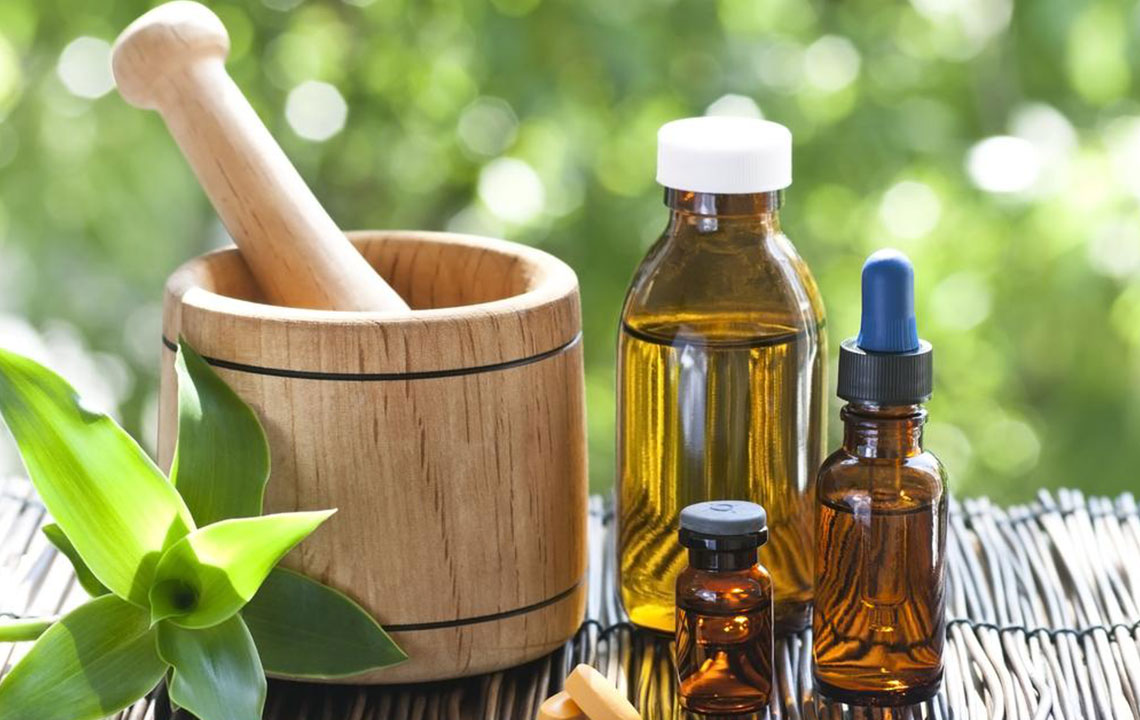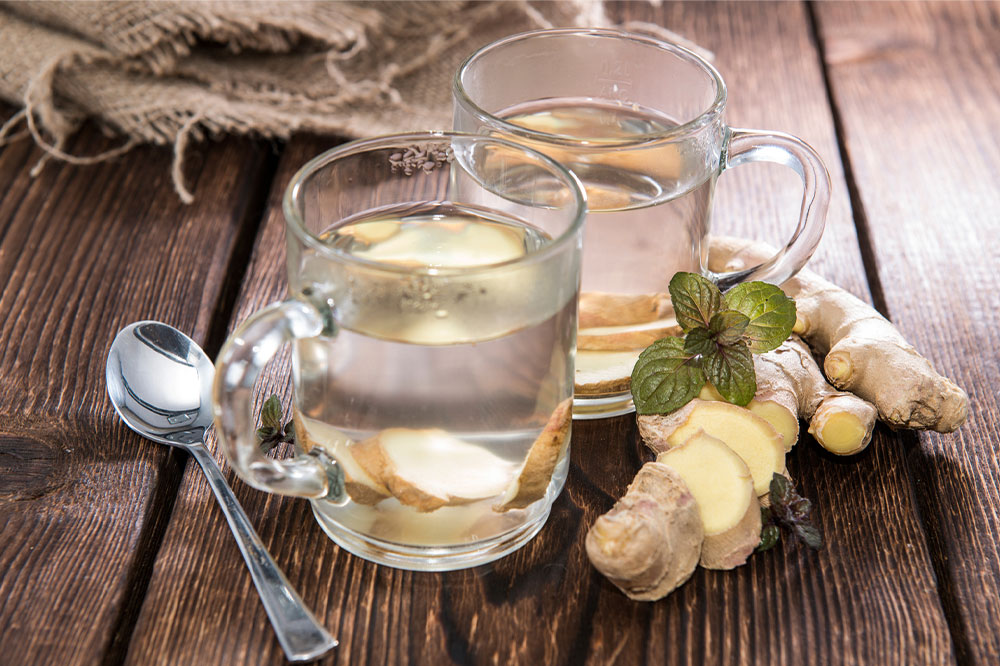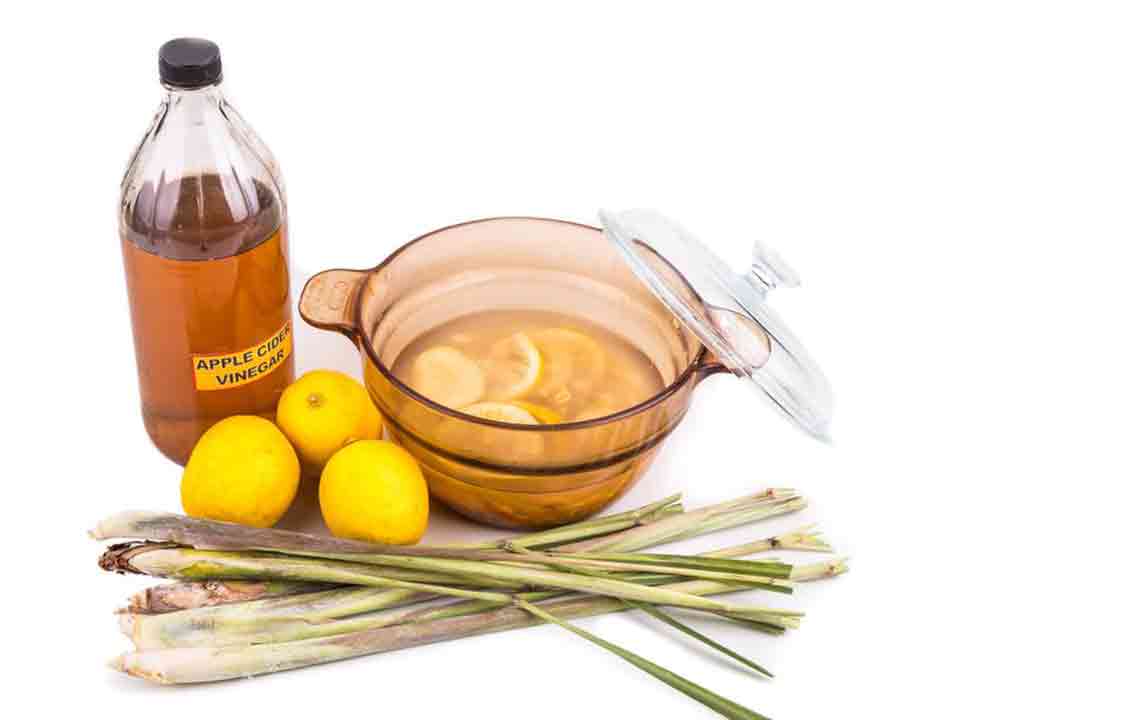Comprehensive Guide to Managing and Treating Plaque Psoriasis Effectively
This comprehensive guide explores effective strategies for managing plaque psoriasis, emphasizing lifestyle changes, natural supplements, skin care routines, and medical treatments. By adopting these holistic approaches, individuals can control symptoms, reduce flare-ups, and improve their quality of life. The article highlights the importance of hydration, avoiding triggers, and consulting healthcare professionals for personalized care. Suitable for those seeking a proactive approach to psoriasis management, this guide provides essential insights into maintaining healthy, comfortable skin.
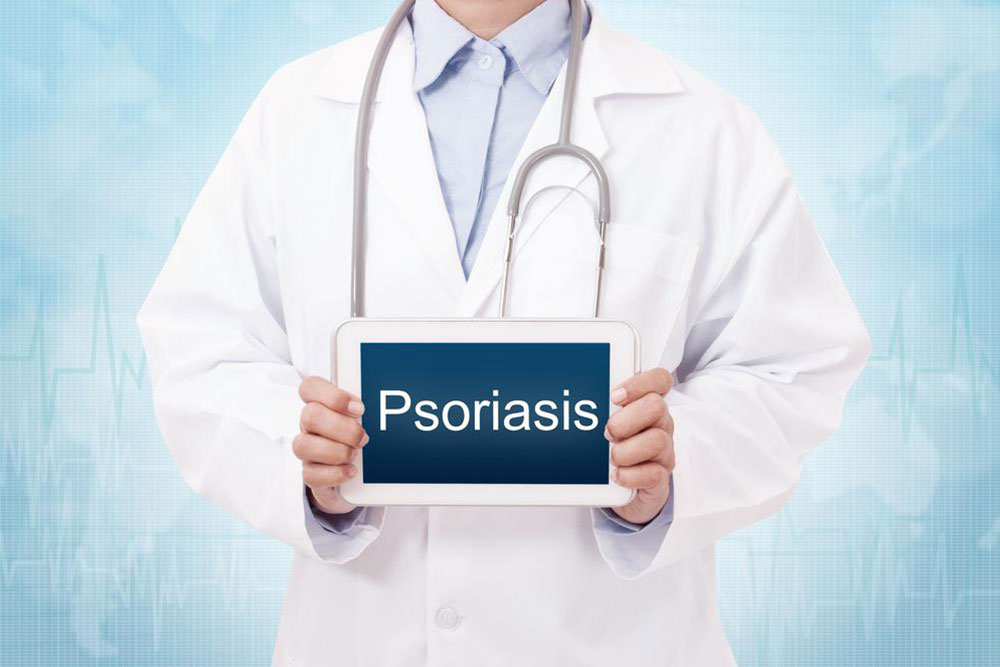
Comprehensive Strategies for Managing and Treating Plaque Psoriasis
Plaque psoriasis is a common chronic skin condition characterized by the rapid buildup of skin cells, leading to the formation of thick, red, and scaly patches on the skin. This condition affects millions worldwide and can significantly impair quality of life due to itching, discomfort, and cosmetic concerns. Understanding the underlying causes, symptoms, and management strategies is essential for those affected to maintain healthy skin and improve their well-being. This comprehensive guide offers insights into effective management techniques, lifestyle adjustments, and treatment options designed to control and alleviate the symptoms of plaque psoriasis.
Occasionally, skin cells do not shed properly, leading to the buildup of new scales that cause plaque psoriasis. This abnormal cell turnover results in the development of inflamed, raised patches that are often covered with silvery-white scales. These patches commonly appear on the elbows, knees, scalp, lower back, and other parts of the body. The exact cause of this abnormal cell proliferation involves immune system dysfunction, genetic predispositions, environmental triggers, and other factors.
While medical treatments, including topical corticosteroids, vitamin D analogs, phototherapy, and systemic medications, are fundamental in managing plaque psoriasis, a multifaceted approach that includes lifestyle modifications and natural remedies can enhance treatment efficacy and improve skin health. Here, we delve into various strategies and supportive measures to help individuals effectively manage this challenging condition.
Dietary Supplements for Skin Support:
Numerous natural supplements have shown promise in alleviating psoriasis symptoms by supporting overall skin health and modulating immune responses. Key supplements include:
Milk Thistle: Known for its anti-inflammatory and liver-supportive properties, milk thistle can help reduce skin inflammation and detoxify the body.
Fish Oil (Omega-3 Fatty Acids): Rich in anti-inflammatory omega-3s, fish oil supplements can decrease skin redness, scaling, and inflammation, providing symptomatic relief.
Aloe Vera: Widely used for its soothing and healing properties, aloe vera gel or extracts can calm irritated skin and promote healing.
Evening Primrose Oil: Contains gamma-linolenic acid (GLA), which has anti-inflammatory effects and may help reduce skin dryness and flare-ups.
Oregon Grape: A herbal supplement with antimicrobial and anti-inflammatory effects, beneficial for skin conditions including psoriasis.
Always consult a healthcare provider before starting any new supplement regimen, especially if you are on medication or have underlying health conditions.
Importance of Vitamin D:
Vitamin D plays a crucial role in skin cell growth regulation and immune modulation. Many psoriasis patients have lower vitamin D levels, and supplementation can be particularly beneficial. Sun exposure in moderation, combined with vitamin D supplements, can improve skin health and reduce severity.
Maintain Skin Hydration:
Dry skin can exacerbate psoriasis symptoms, leading to increased itching, cracking, and inflammation. Using gentle, fragrance-free moisturizers suitable for sensitive skin helps maintain hydration and creates a protective barrier to prevent flare-ups. Ingredients like ceramides, hyaluronic acid, and glycerin are effective in locking moisture into the skin.
Avoid Fragranced and Harsh Skin Products:
Many skincare products contain chemicals and fragrances that can irritate sensitive skin and trigger psoriasis outbreaks. Opting for mild soaps, cleansers, and skincare items free from harsh chemicals and fragrances is advisable. Always check labels and consult your dermatologist for product recommendations tailored to psoriasis-prone skin.
Warm Baths and Topical Relief:
Soaking in warm baths can provide significant relief from itching and scaling. Adding supplementary components can enhance the soothing effect:
Mineral Oil or Petrolatum: Helps retain moisture and softens scales.
Epsom Salt: Known for its anti-inflammatory properties, Epsom salt baths can reduce inflammation and promote relaxation.
Olive Oil or Milk: Applying a small amount of olive oil or milk to the skin before bathing can soothe irritated areas and loosen scales for easier removal.
Always follow bathing with thorough gentle patting and moisturizing to lock in hydration.
Lifestyle Adjustments:
Limit Alcohol Consumption: Alcohol can trigger or worsen psoriasis by impairing immune function and increasing inflammation. Reducing or abstaining from alcohol can significantly improve skin condition.
Manage Stress Effectively: Stress is a known trigger for psoriasis flare-ups. Incorporating stress-reduction techniques such as yoga, meditation, and relaxation exercises can help prevent outbreaks and maintain overall mental health.
Avoid Skin Trauma: Protect your skin from cuts, scratches, and infections, as skin injuries can trigger psoriasis lesions (Koebner phenomenon).
Medical Consultation and Personalized Treatment:
While lifestyle measures are helpful, consulting a dermatologist remains essential for a comprehensive treatment plan tailored to your condition's severity. Your doctor may recommend topical medications, phototherapy, or systemic therapies based on your specific needs. Regular follow-up ensures optimal management and addresses any side effects or complications.
In summary, managing plaque psoriasis requires a holistic approach that combines traditional medical treatments with lifestyle modifications, dietary support, and skin care routines. By maintaining skin hydration, avoiding triggers, and supporting immune health through natural remedies and supplements, individuals can significantly improve their quality of life and skin condition. Remember, early intervention and consistent care are key in controlling psoriasis and preventing severe flare-ups. Always seek guidance from healthcare professionals to develop a safe and effective management strategy tailored to your unique needs.
